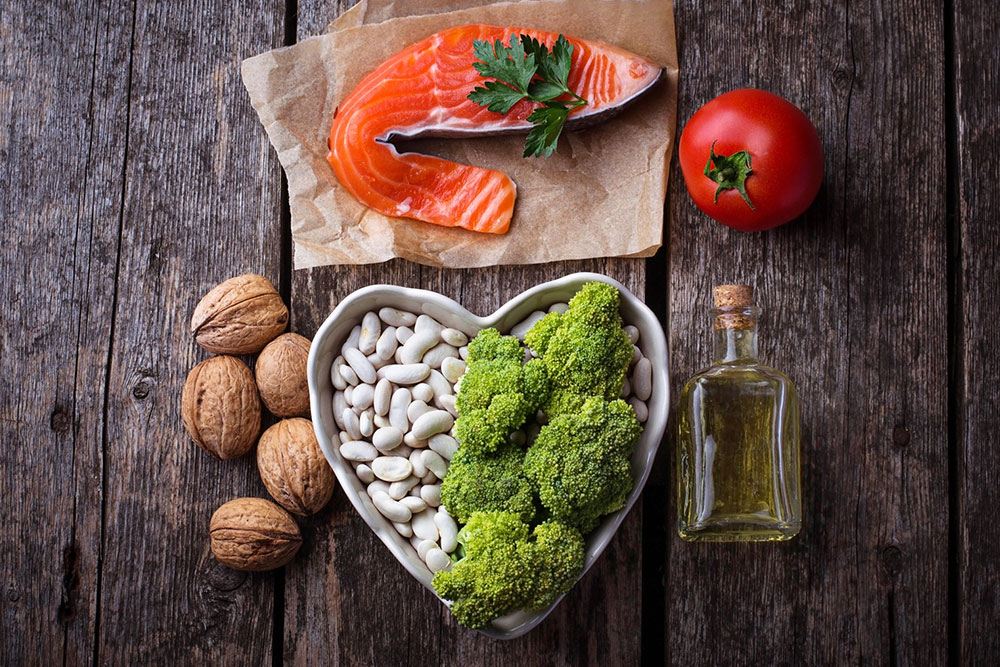Understanding Diarrhea: Causes, Symptoms, and Prevention Strategies
This article provides an in-depth overview of diarrhea, exploring its main causes, symptoms, and prevention methods. It offers practical dietary tips and highlights when to seek medical help, aiming to educate readers on managing and reducing the risk of this common gastrointestinal issue effectively.

Understanding Diarrhea: Causes, Symptoms, and Prevention Strategies
Diarrhea is among the most prevalent health issues worldwide, impacting nearly two billion people annually. It ranges from a mild, temporary condition to a severe, life-threatening illness. Characterized by frequent, loose, and watery stools, diarrhea is often triggered by infections from bacteria, viruses, or parasites. Chronic cases may result from inflammatory bowel diseases such as Crohn’s or ulcerative colitis. Prevention includes proper nutrition and probiotics. This article explores the main causes, symptoms, and ways to prevent diarrhea effectively.
Primary causes of diarrhea
Gastrointestinal infections – The common culprit behind diarrhea is gastrointestinal infections caused by microbes like bacteria, viruses, and parasites. In many cases, bacteria like Salmonella, Shigella, Campylobacter, and E. coli are responsible for acute diarrhea, while some chronic cases lack a clear cause.
Microscopic colitis – This persistent form of diarrhea primarily affects older adults and often worsens at night.
Maldigestive and malabsorptive disorders – Conditions such as Celiac disease impair digestion and nutrient absorption, leading to diarrhea.
Persistent infections – Long-term diarrhea can result from ongoing infections, especially after travel or antibiotic use. These often involve bacteria or parasites.
Medication side effects – Certain drugs, notably antibiotics, can induce diarrhea as a side effect.
Hormonal factors – Hormonal imbalances, like carcinoid tumors or Addison’s disease, may cause diarrhea.
Gastrointestinal cancers – Tumors in the gut can lead to neoplastic diarrhea.
Symptoms associated with diarrhea
Watery and loose stools
Abdominal cramps and pain
Presence of blood in stool
High fever
Feeling nauseous
Abdominal bloating
Urgent need to pass stool
Chills
Diet tips for preventing diarrhea and supporting gut health
Maintaining a balanced diet can significantly help prevent diarrhea. Recommended foods include:
Mashed bananas, which are gentle on the gut
Yogurt with probiotics to restore healthy gut flora
Plain boiled white rice for easy digestion
Boiled peeled potatoes
Oatmeal as a soothing option
Rice porridge to alleviate symptoms
Foods to avoid during diarrhea
All dairy products, except probiotic-rich yogurt
Fried and greasy foods
Alcoholic beverages
Caffeinated drinks, chocolates, and soft drinks
Spicy foods
When to seek medical attention
More than six episodes of diarrhea or three episodes of vomiting within 24 hours in infants under one year old
Persistent vomiting, diarrhea, dehydration, significant weight loss, blood, or pus in stool in adults
Post-surgical diarrhea or if symptoms disrupt sleep










